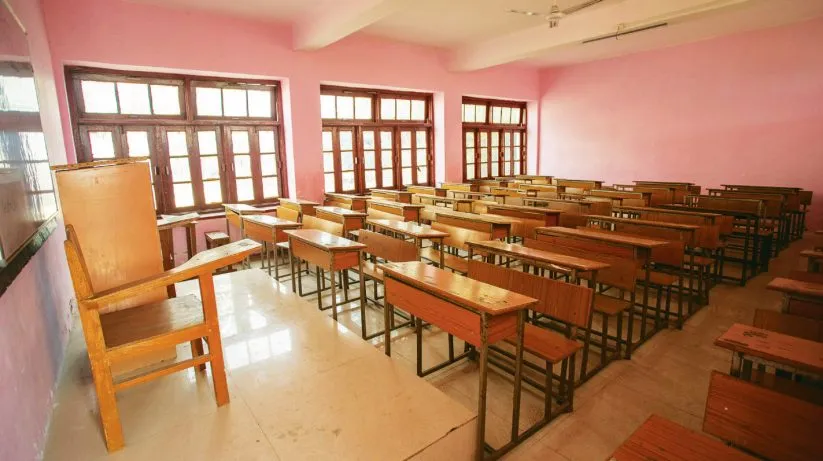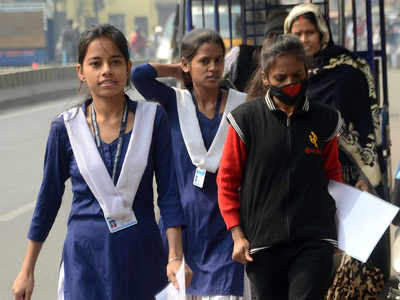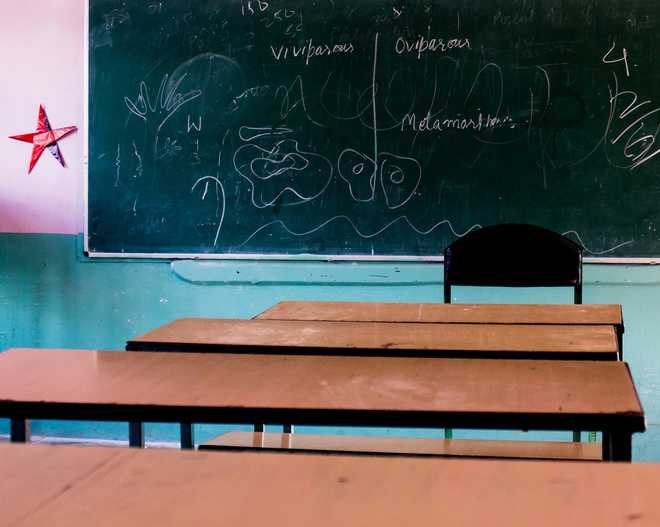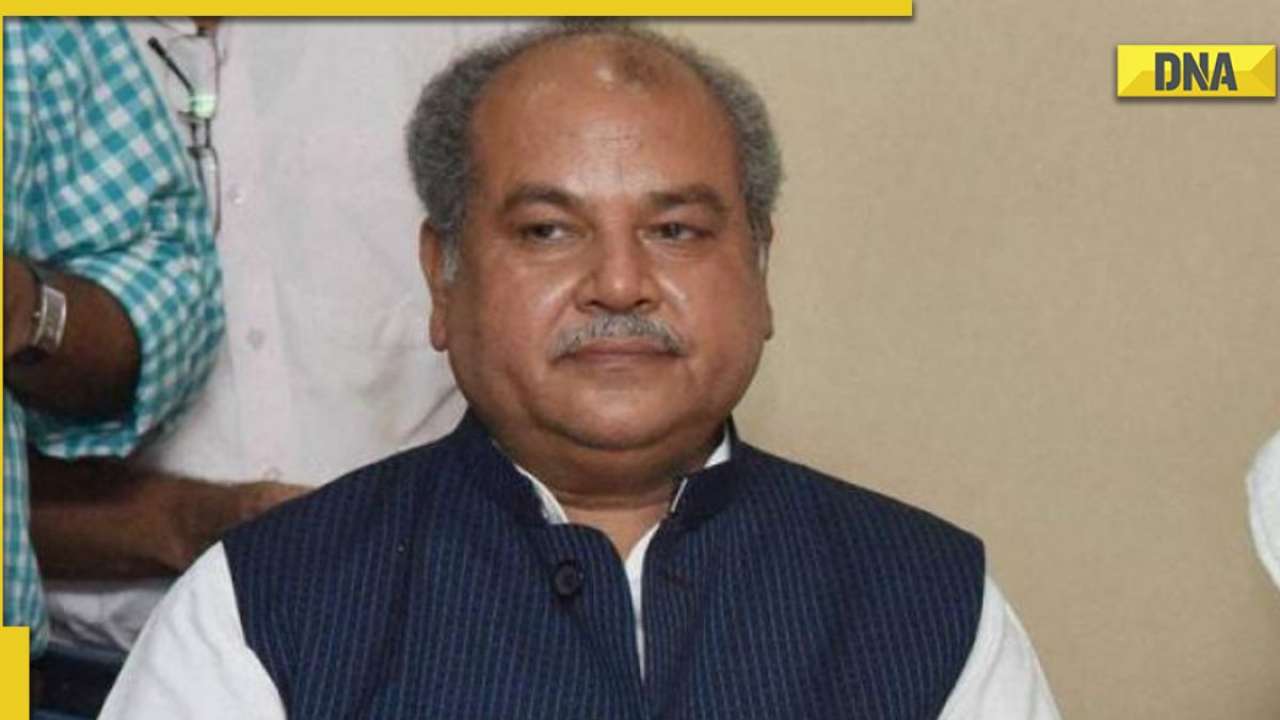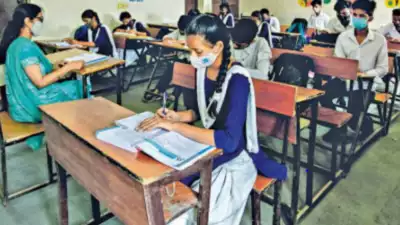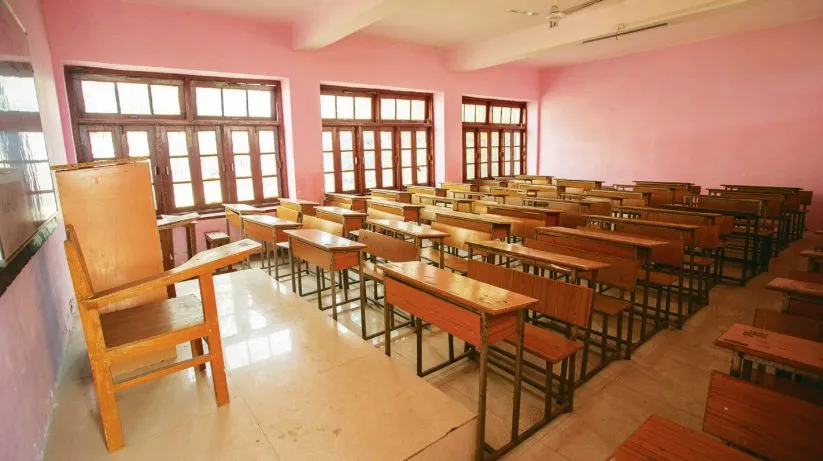The School Education Department of J&K through a notification SO 177 Dated: 15.04.2022 made some changes in the School Education Rules 2010 wherein it has been made mandatory for the private schools in J&K to obtain a no objection certificate (NoC) for land use from the Revenue Department. This has been incorporated in the Rule 4 after Sub Rule 2 A. There are several other changes that have been made in these rules to ensure closure of those private schools which operate on State land in different districts of J&K.
In response to the Notification dated 15.04.2022 , the Chief Education Officer (CEO) on the direction of District Administration Budgam on 22.04.2022 issued a notice directing all the private schools operating from state land (khah charai , shamilat land etc) to close down their operations. The notice reads –
“In the backdrop of directions of higher authorities in pursuance to S O 177 dated 15.04.2022, all heads of such private schools of the district operating on state , khah charai land are hereby directed to close the schools of the enrolled children with immediate effect; issue school leaving certificates in favour of their respective students so that they will be accommodated in nearby Govt schools, subject to the consent of their parents in this regard. The matter is of urgent nature and there is no scope of any kind of laxity.”
These orders were challenged before the High Court of Jammu and Kashmir and Ladakh by J&K Private Schools Association headed by G N Var. The bench of Justice Mokhsha Kazmi on June 22<sup>nd</sup> 2022 directed the Government to maintain status-quo on the order asking private schools established on state land to cease operations. The status-quo is to be maintained till the next date of hearing i.e July 18th 2022.
The high court has given a week’s time to the Government for filing objections to the petition.
The move to close private schools operating on state land comes on the heels of the government banning nearly a dozen schools operated by the Falah -e-Aam Trust. Recently, schools run by Jamaat-e-Islami through Falla-e-Aam Trust have been shut down and students enrolled in these schools asked to take admission in Government schools.
Panchayat and State, a False Dichotomy
The decision of the Government to close down private schools is an arbitrary decision as most of these schools are low budget private schools that are operating on 3 to 4 kanals of state land mostly in rural areas of J&K.
It’s disappointing how a country with the Right to Education enshrined in its constitution can propose a step that stands opposite in spirit.
The constitution has given us Fundamental rights which are guaranteed to all the citizens under Part III of the constitution. These rights apply universally to all citizens residing in India, irrespective of their race, place of birth, religion, caste or gender. They are recognized by law as rights requiring a high degree of protection from the government and they cannot be violated by the Government.
Fundamental rights cannot be enforceable against individuals and private entities. The obligation of protecting these rights lies on the state or its instrumentalities. Most of the Fundamental rights provided to the citizens are claimed against the State and its instrumentalities and not against the private bodies. Article 12 explains the significance of the State.
We need to understand that State is a broader term. This does not mean that the Government in New Delhi,Prime Minister’s Office, Chief Minister’s Office, Civil Secretariat, Raj Bhavan, Governor, Lt Governor or President’s Office (Rashtrapati Bhavan) Article 12 of the Indian Constitution states as under:
“Definition in this part, unless the context otherwise requires, the State includes the Government and Parliament of India and the Government and the Legislature of each of the States and all local or other authorities within the territory of India or under the control of the Government of India.”
This definition makes it crystal clear that the state within the meaning of constitution of India means:
- Government and Parliament of India i.e the Executive and Legislature of the Union
- Government and Legislature of each State, Union Territory i.e the Executive and Legislature of the various States / UTs of India
- All local or other authorities (Panchayats , Municipalities) within the territory of India
- All local and other authorities who are under the control of the Government of India
State Land Belongs to Panchayats
In addition to the constitutional definition of State there are numerous judgments of the Supreme Court and different High Courts that have made it clear that local bodies are covered under the definition of State.
If Panchayat is a state then the land located in its jurisdiction also belongs to this institution?
On one hand, the Government sets out agendas around the empowerment of the institutions of local self governance (panchayats and municipalities) but when it comes to taking control of the state land, the ownership rights are not given to the Panchayats especially in rural areas.
If a private school is operating on Government land/ State land in some far off corner of the state , why shall an order be issued from the Civil Secretariat to decide about the fate of that school?
Let the local panchayat, especially the Gram Sabha decide. Let the Panchayat fix an annual rent for such schools as they are imparting modern education to our future generation.
Issuing orders from Civil Secretariat and getting it executed through District Administration kills not only the essence of the Right to Education but also chokes the spirit of our local self governance as well.
On one hand, the Government of India talks about holding three tier panchayat elections in J&K but when it comes to empowering these institutions, the Government doesn’t seem to be serious.
Limitation Act
In fact, under the doctrine of adverse possession, a person who is not holding the title to the land but holding the possession of the land owned by someone else for a considerable period may acquire a valid title to it, provided that the adverse owner is in possession for a sufficient period as per the Limitation Act.
In India, any person in possession of a property for a period of more than 12 continuous years (private property) may claim unfavourable possession of the property. In case of the Govt/state property, the time period to claim the ownership is 30 years.
The Indian Limitation Act, 1963 deals with adverse possession and the same applies to Section 27, Article 64, 65, and 112 of the SCHEDULE. Section 27Extinguishment of Right to Property- For instituting any suit for the possession of any property, any person needs to file the suit within a limitation period else his right to such property shall be relinquished. According to Article 64 of the Limitation Act, 1963 the limitation period is prescribed to be of 12 years for a claim based on the previous possession; not on the title. The date of dispossession will begin from the date when the Plaintiff has been dispossessed.
Article 65 of the Limitation Act, 1963 provides a time limit of 12 years for a suit for possession of immovable property or any other interest on the grounds of title and that term shall begin from the point at which the possession of the defendant becomes adverse to the Plaintiff. Art 112 prescribes a limitation time of 30 years for any suit brought by the Central Government or any State Government.
The limitation period shall begin from the date laid down in the same suit by a private person.
A Setback for Education
Asking Private Schools operating on Government land to close down their operations will impact over 3 lakh students in Jammu & Kashmir. Hundreds of teaching and non-teaching staff will become jobless. If the Government was silent until now on this issue and provided all the amenities to such low budget schools, why shall they be asked to shut down their operations now?
This is a violation of the Limitation Act 1963 as explained above. Let the institutions of local self governance decide about the fate of these schools. Let some amount be fixed as an annual rent by local Panchayat or Municipality and the same be utilized for the welfare of the village, Mohalla or a colony.
Views expressed in the article are the author’s own and do not necessarily represent the editorial stance of Kashmir Observer
Source : Kashmir Observer

